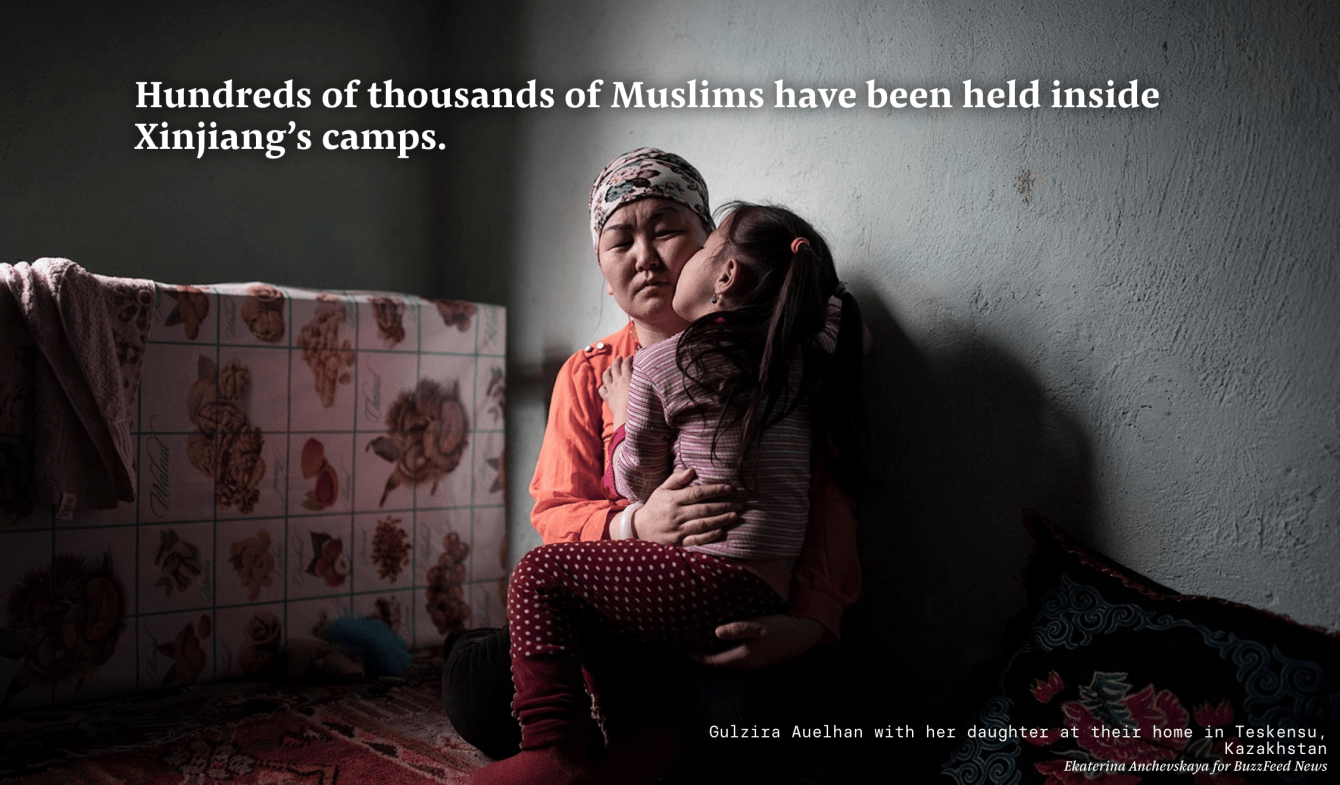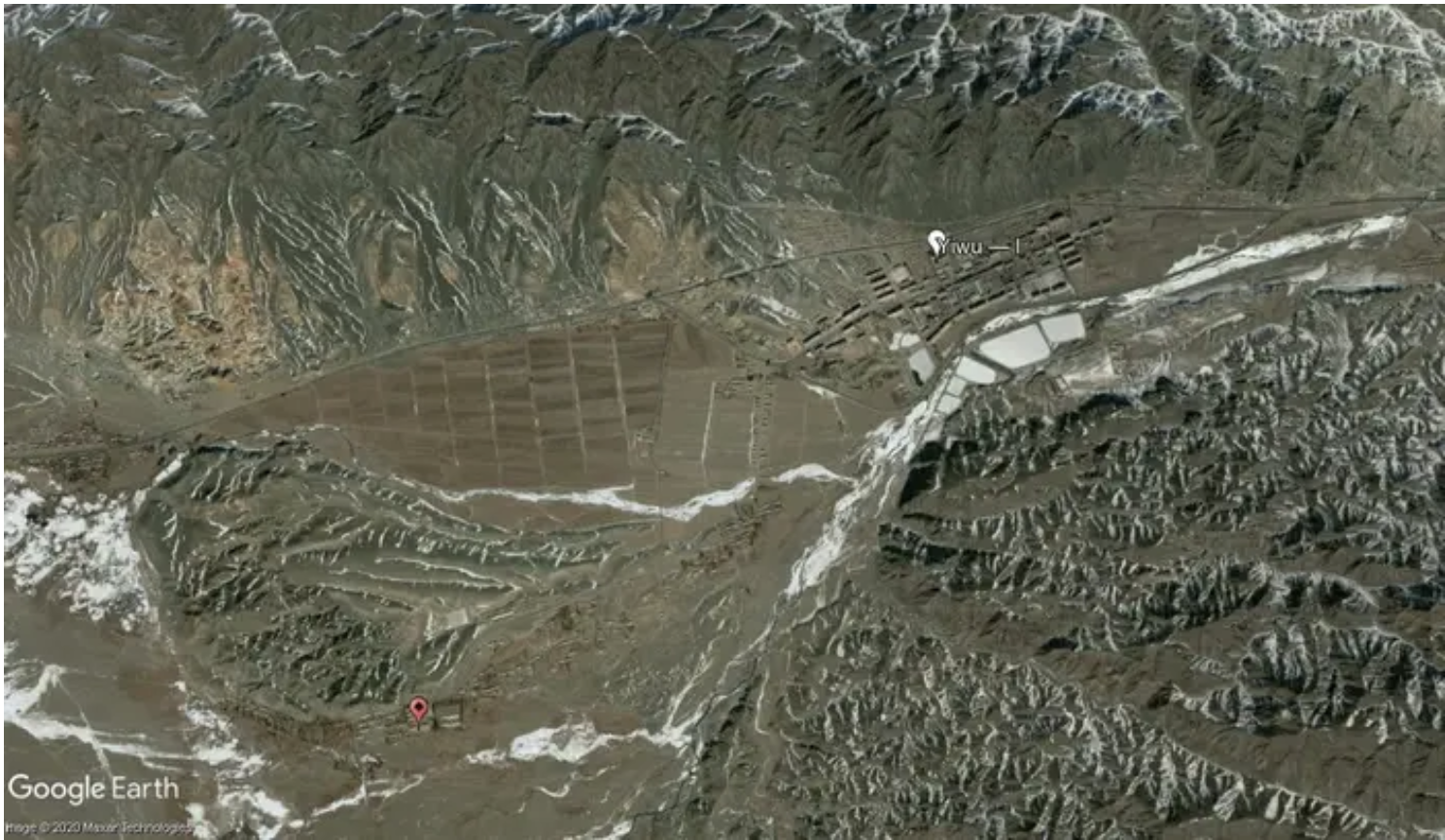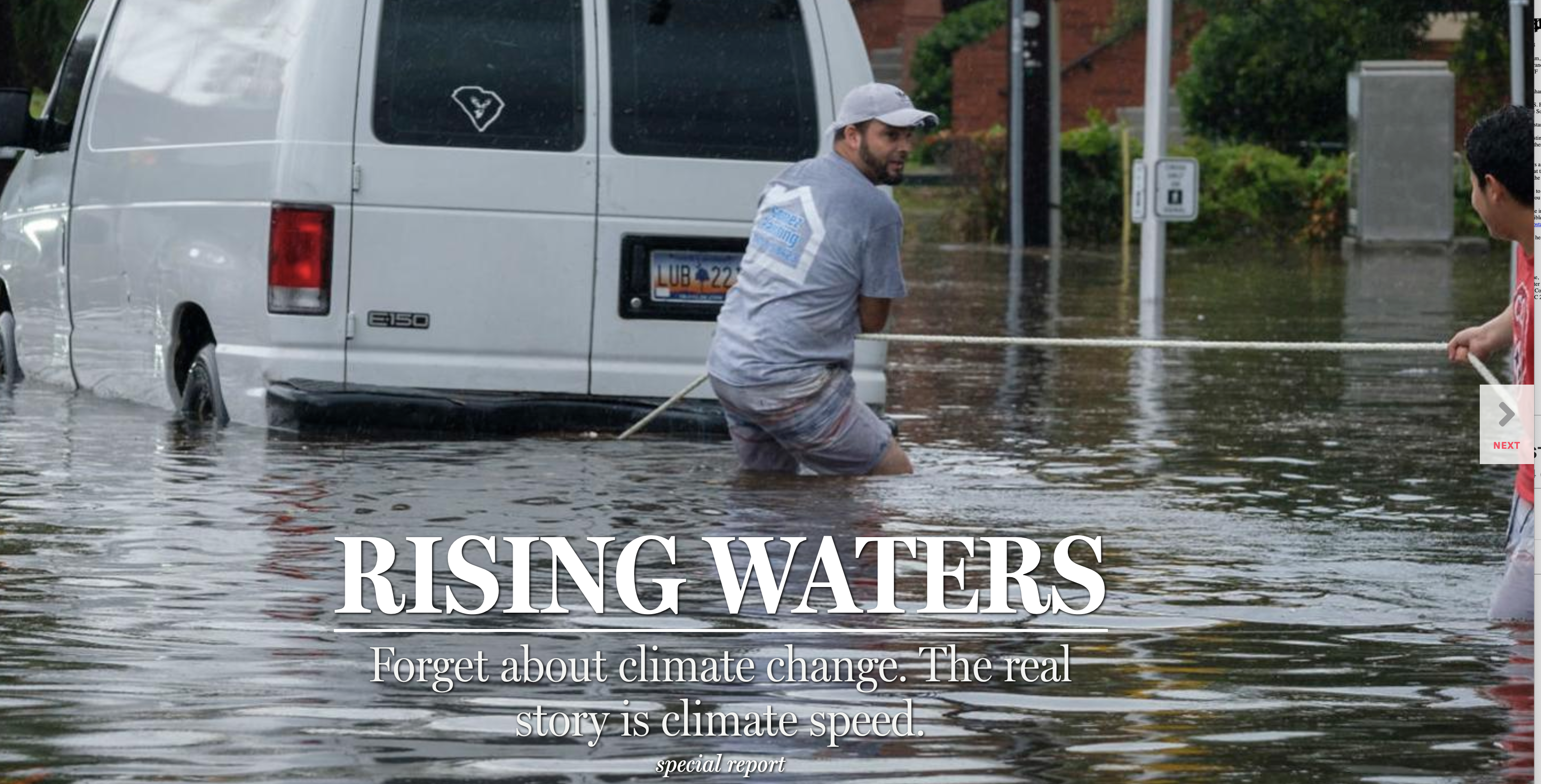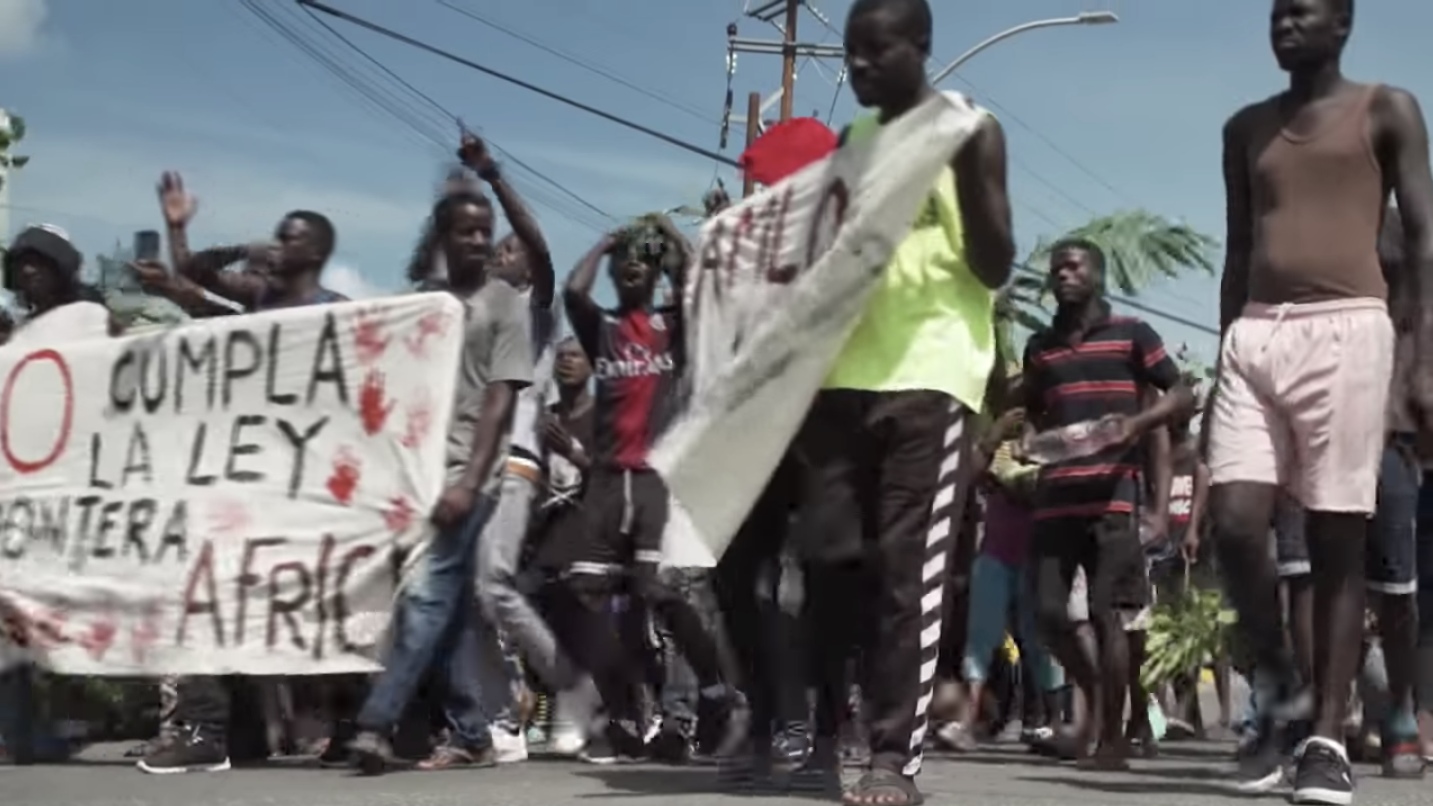
"Braving the Darien Gap, Exposing Uighur Repression, Bringing Home the Reality of Climate Change"
The annual announcement of the Pulitzer Prizes is always a humbling reminder of the extraordinary talent, courage, and perseverance that go into journalism at its best. This year that’s especially true, and close to home: The honorees include three projects by our grantees that we’ve gotten to watch firsthand.
How do you show the struggles, and the bravery, of millions of migrants on the move? Nadja Drost did it by joining a group of Cameroonians and Pakistanis hiking through the Darien Gap, a 66-mile stretch of jungle and mountains on the border of Colombia and Panama that is lawless, roadless, and littered with the corpses of migrants who didn’t make it through. Her heartbreaking, inspiring story for The California Sunday Magazine won the Pulitzer for feature writing. She and her partner, Bruno Federico, also produced the mesmerizing PBS NewsHour series on the same topic. Nadja is an eight-time Pulitzer Center grantee, stretching back to a $600 grant in 2011 for a project on Indigenous resistance to illegal mining in Colombia.
How do you expose massive human rights abuses in the face of government denials, restrictions on media access, and elaborate misinformation? In the case of China’s brutal crackdown on Uighurs and other Muslims in western China, BuzzFeed News came up with an ambitious, innovative way of circumventing all those barriers: interviewing former detainees now safely out of the country, reviewing thousands of satellite images over the past four years, and partnering with an expert architect and virtual-reality designers to take us inside the some 260 prison camps and factories that China doesn’t want us to see. Grantees Megha Rajagopalan, Alison Killing, and Christo Buschek won the Pulitzer for international reporting.
How do you help local communities see the connection between climate change and extreme weather events? In Charleston, South Carolina, The Post and Courier did it by deep reporting ahead of weather events, putting its journalists in position to connect the dots between local phenomena such as sunny-day floods, bacteria-infested water, and racial inequities—and how all of them are intimately connected to global sea-level rise. Grantee Tony Bartelme and his colleagues were honored as Pulitzer finalists for local reporting.
The Charleston project is part of our Connected Coastlines and Bringing Stories Home initiatives, both aimed at facilitating enterprise reporting and community engagement by smaller news organizations that are struggling to survive. BuzzFeed’s reporting is a classic example of our longtime commitment to fostering innovative approaches to raising the visibility of underreported issues. Nadja Drost’s award, honoring a story by a freelance journalist for a publication that no longer exists, is a powerful reminder of why work like this requires our support.

Impact
Beyond the Pulitzer Prizes, more Pulitzer Center-supported projects won awards last week from the Association of Health Care Journalists, the Society of Professional Journalists metro Detroit and greater Cincinnati chapters, and the Alliance for Women in Media Foundation. The awards were won for, respectively, “eye-opening reporting” on the lack of accurate data on COVID-19 in houseless populations by the Howard Center for Investigative Journalism, collaborative coverage of resilience in the face of climate change in the Great Lakes region, investigations into grants of expropriated Indigenous land given to Ohio public colleges, and a radio piece on the continuing ordeals faced by a surviving sex slave from wartime Philippines.
This message first appeared in the June 15, 2021 edition of the Pulitzer Center weekly newsletter. Subscribe today.

Project
Built To Last
A BuzzFeed News investigation based on thousands of satellite images reveals a vast, growing...

Project
Rising Waters
Forget climate change. The real story is climate speed. From rain bombs to higher seas, the...














